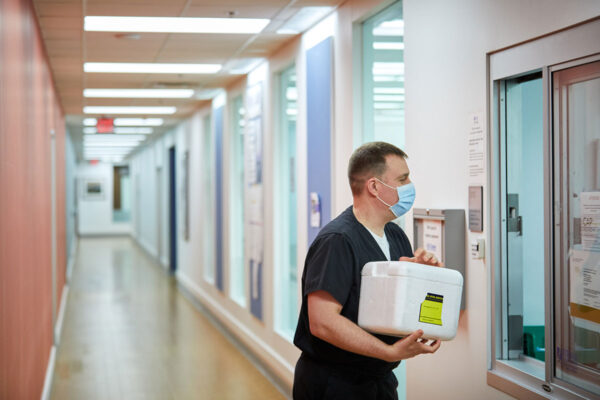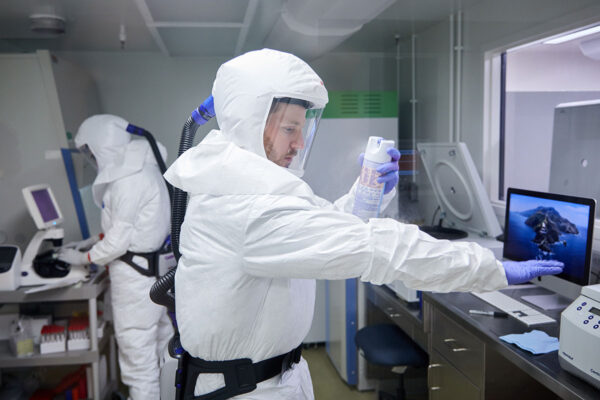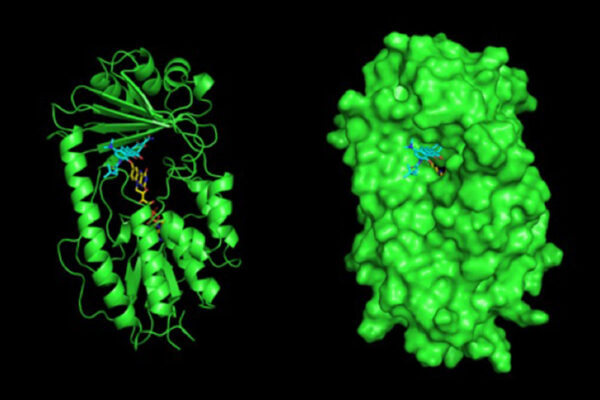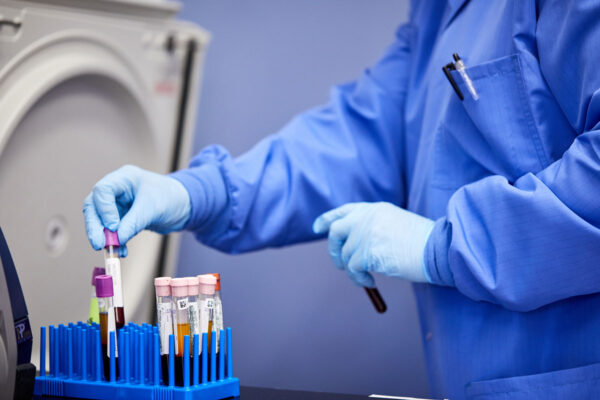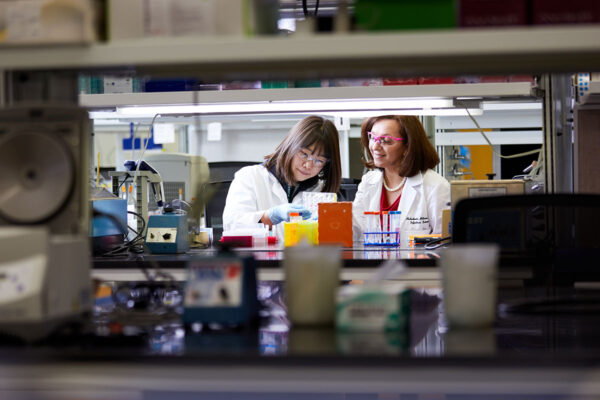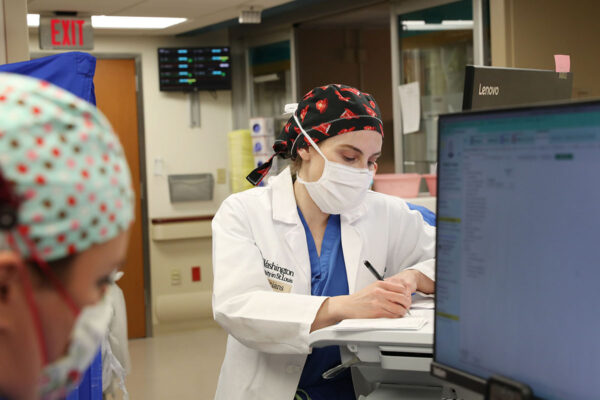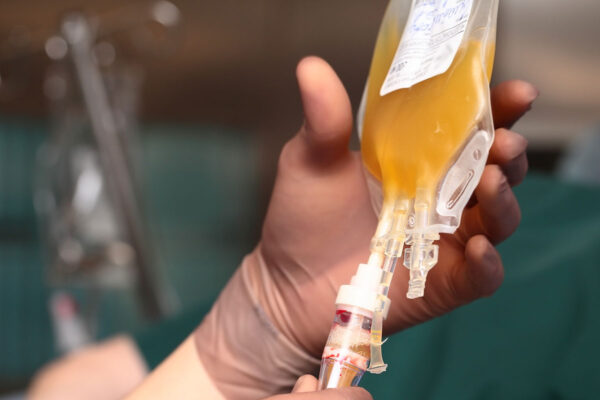Patients with COVID-19 donate specimens to advance research efforts
School of Medicine physicians led efforts to create a repository for storing and managing specimens collected from patients with COVID-19. The samples are being distributed to investigators conducting COVID-19 research across the university.
COVID-19 mouse model will speed search for drugs, vaccines
Scientists at the Washington University School of Medicine have developed a mouse model of COVID-19 that is expected to speed up the search for drugs and vaccines for the potentially deadly disease.
Scientists generate early stem cells that form human placenta
Scientists at Washington University School of Medicine have developed a way to guide human stem cells into becoming important precursor cells that give rise to the placenta. These stem cells could help scientists understand miscarriage or preeclampsia.
Antibiotic-destroying genes widespread in bacteria in soil and on people
Researchers at Washington University in St. Louis and the National Institutes of Health (NIH) have found that genes that confer the power to destroy tetracyclines are widespread in bacteria that live in the soil and on people.
Experts urge caution in interpreting COVID-19 antibody tests
Blood tests for antibodies against the COVID-19 virus are becoming more available, but no test is perfectly reliable, so results must be carefully interpreted, Washington University School of Medicine experts say.
$5 million supports research into neglected tropical diseases
Researchers at Washington University School of Medicine have received two grants from the National Institutes of Health (NIH) totaling more than $5 million to study two types of parasitic worm infection that cause devastating illness in millions of people worldwide.
Global study to test malaria drug to protect health workers from COVID-19
Researchers at the School of Medicine are helming a global study of an estimated 30,000 health-care workers to establish whether the antimalaria drug chloroquine might prevent or reduce the severity of COVID-19 infections in such workers.
New targets for childhood brain tumors identified
People with the genetic condition neurofibromatosis type 1 are prone to developing tumors on nervous system tissue. A new study from Washington University School of Medicine has found that the development and growth of such tumors are driven by nearby noncancerous neurons and immune cells.
Potential biomarker for autism identified in infants
A biomarker in newborns may signal autism spectrum disorder months or even years before troubling symptoms develop and such diagnoses typically are made. Researchers at Washington University School of Medicine and Stanford University found that some newborns had very low levels of a neuropeptide years before their diagnoses with autism spectrum disorder.
COVID-19 survivors needed to donate blood plasma
COVID-19 survivors are needed to donate blood plasma. Infectious diseases physicians at Washington University School of Medicine in St. Louis have developed an expanded access program to give blood plasma from COVID-19 survivors to critically ill patients.
Older Stories
